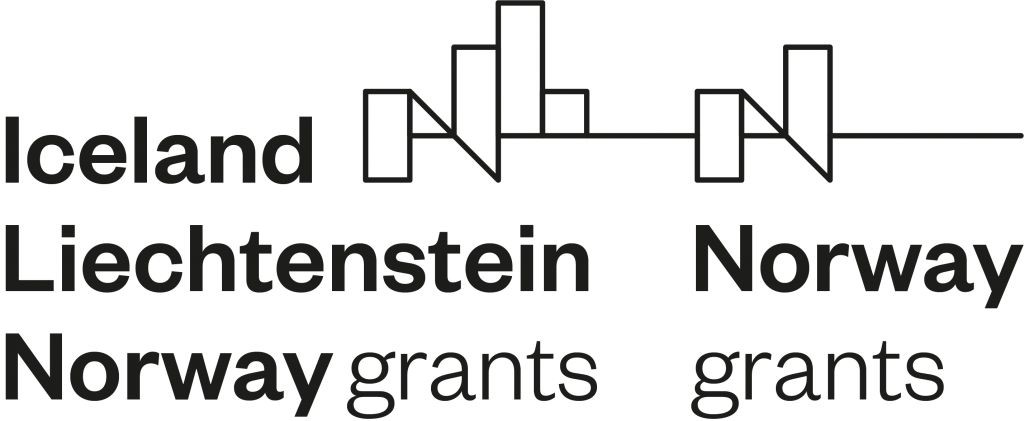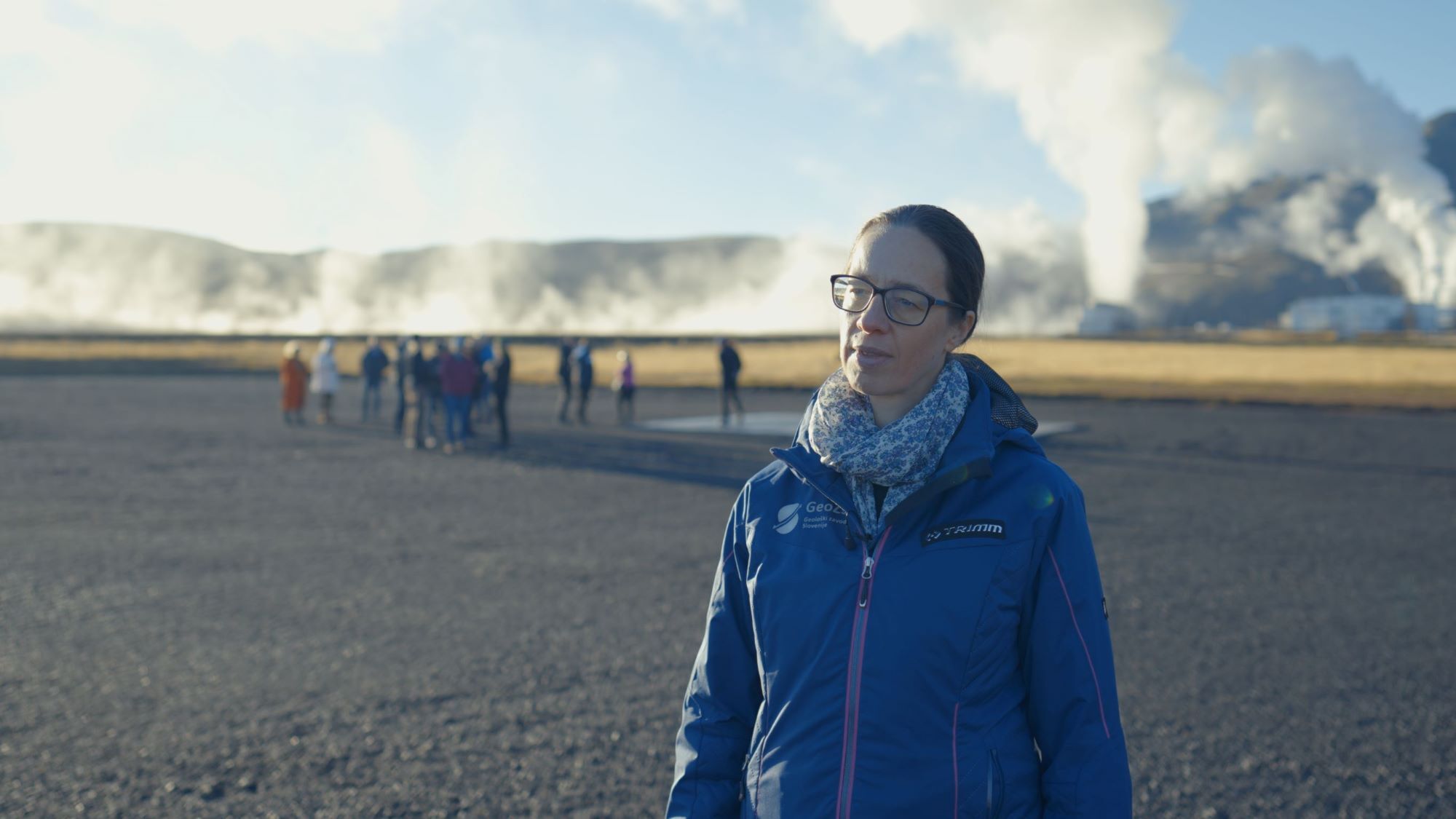Slovenian group visits Iceland School of Energy at RU
Effective cooperation among researchers established
Iceland School of Energy recently organized a workshop, field visits, and training for over 20 Slovenian representatives. The events were a part of INFO-GEOTHERMAL, a pre-defined project Supporting Efficient Cascade Use of Geothermal Energy by Unlocking Official and Public Information in Slovenia.
The project is supported by the EEA Grants under the program Climate Change Mitigation and Adaptation and, kicked off this September. The project is worth a total of EUR 1,073,529.41 and is implemented by the Geological Survey of Slovenia as Project Promoter and four other institutions, the Slovenian Ministry of Infrastructure, the Slovenian Ministry of the Environment and Spatial Planning, the Association of Municipalities and Towns of Slovenia and the Iceland School of Energy, Reykjavik University. The project will last 20 months and will be completed by 30 April 2024. 
The project aims at the innovative strengthening of institutional capacities of national authorities involved in managing geothermal energy use, of local authorities who provide a spatial framework for investors, and the biggest players in the exploration of deep geothermal potential in Slovenia. From transferring knowledge from the worldwide leading geothermal country – Iceland, joint activities will result in significantly improved formal support schemes for investments.
Nina Rman led the visit on the behalf of the Slovenian representatives. She is a hydrologist and head of the Department of Hydrology-Groundwaters at the Geological Survey of Slovenia (GeoZS). She has specialized in the exploration and management of mineral and thermal waters and finished her post-grad studies at the Geothermal Institute of the University of Auckland, New Zealand.

All our previous research at GeoZS concluded that our thermal water resources are limited and to harvest geothermal heat we would have to develop sustainable solutions. Therefore, we started the INFO-GEOTHERMAL project and we plan to establish an attractive business environment for geothermal investors and prepare technical guidelines and risk mitigation schemes to develop such projects in Slovenia. Simultaneously and financed by the same program, we try to establish a pilot geothermal power plant on an unproductive oil and gas well Pg-8 within the project SI-Geo-Electricity. It is planned to have a capacity of 50 kW and operate as a geothermal gravity heat pipe, based on patented Slovenian technology.
The aim of the workshop in Iceland was to establish effective cooperation among researchers, and industry and authorize and adapt legislation according to constantly emerging challenges. Also to explore the experience in geothermal resource parks in Iceland and innovative technologies for reducing the environmental impact of geothermal and how to apply combined heat and power plants at low-temperature systems.
We would like to thank all the Icelandic experts who were keen to share their knowledge and expertise with us. We had numerous questions which was not an easy task to answer since our group was very diverse and combined with representatives from four partner institutions, five municipalities, a local energy agency, and three consultant companies. We enjoyed vivid discussions with more than 20 Icelandic experts while also traveling around Iceland in beautiful weather and watching the aurora at night. We are also grateful to J. Newson, F. Reiser, and R. M. Greene with the group to make the visits possible.
Despite being one of the world-leading geothermal countries Nina adds that the group realized Iceland still has many challenges in managing existing geothermal fields and planning new investments and might even gain some knowledge from the Slovenian output. In Slovenia, one will only find low-temperature resources (max. up to 80 °C), some even often exploited by several users or of transboundary character. Therefore, greater care evolves around the control of the aquifer's status and energy efficiency of heat abstraction and sometimes the return/wastewater has only 15 °C.
The next training event is planned between the 3rd and 8th of July 2023 where GeoZS will host a Geothermal Summer School in Ljubljana. Trainers will join from ISE and other European universities, and we will provide several scholarships for MSc and PhD. students within the INFO-GEOTHERMAL and COST Geothermal-DHC projects. The first announcement will come out soon. This will be followed by a knowledge exchange workshop from 10th to 12th July, where professionals will learn about Slovenian best examples of direct use of geothermal energy.

